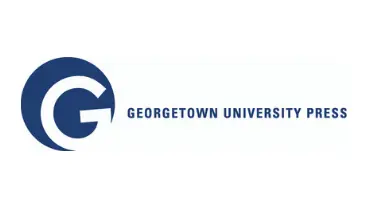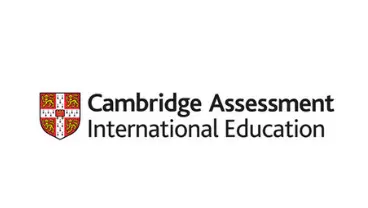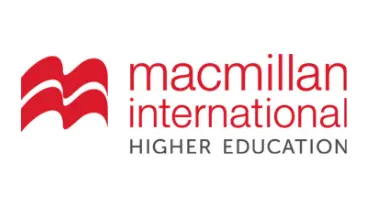
|
Professor Mahmoud Al Batal
Mahmoud Al-Batal is Professor of Arabic at the American University in Beirut. From 2007 to 2015, he served as Director of the Arabic Language Flagship at UT Austin. Between 2000 and 2014, he served as Director of the Center for Arabic Study Abroad (CASA), a consortium of 32 universities in the US that provides advanced language training to American students of Arabic. Between 1991 and 1998, he served as Director of the School of Arabic at Middlebury College. Professor Al-Batal holds a B.A. in Arabic Language and Literature from the Lebanese University in Beirut, and an M.A. and Ph.D. in Arabic Linguistics from the University of Michigan, Ann Arbor. He is coauthor of Al-Kitaab Arabic textbook series (with Kristen Brustad and Abbas Al-Tonsi) published by Georgetown University Press, and has published on various aspects of TAFL and Sociolinguistics. His most recent publication (2018) is an edited volume titled Arabic as One: Integrating Dialect in the Arabic Curriculum, published by Georgetown University Press.
|
 |
Mark Critchley, AULC
Mark Critchley is Director of the Centre for Foreign Language Study at Durham University, a unit of 25 staff and 45 part-time teachers delivering language courses to 2,000 learners in 16 languages. Mark was previously Vice-Chair of the Association of University Language Centres (AULC), and is currently Secretary & Treasurer (since May 2017).
Mark is convenor of the Management Special Interest Group for AULC, and of the Management & Leadership Focus Group for CercleS. He led the Language Learning Framework project in 2016-17, which developed the first set of recommendations for course design, aligned to the Common European Framework of Reference (CEFR) in terms of input study hours for courses of different durations and intensity in the 10 most commonly taught languages in the UK, including Arabic.
Prior to entering the HE sector in 2004 Mark worked for 17 years in the offshore industry. He is currently a member of the International Trade Committee for the North East Chamber of Commerce.
|
Highlights from the programme
2 Keynote Addresses:
- Building a Successful Arabic Program: Aligning Learner, Text, and Context
- The UNILANG national language certification scheme and the Language Learning Framework for Arabic
18 Presentations under the following four streams:
- Arabic in context
- Diglossia and variation
- Assessment: Techniques and proficiency scales
- Programme design, resources and innovations
6 workshops covering:
- Applying content-based instructions for Arabic learners at advanced levels
- A variationist approach to teaching Arabic as a second language - how to maximise the learners’ understanding of multiple dialects
- Validating authentic samples of Arabic students’ written work based on the CEFR (A1-C2)
- The very first Arabic lesson for beginners and the first reading tutorial - approach and strategy
- Integrating grammar teaching in ECA and MSA
- Towards more communicative learning and teaching process in the Arabic language classroom
download the programme
Abstracts that have been submitted address the following sub-themes:
- Teaching Arabic in Context: Including communicative needs of students of Arabic language, Arabic for Specific Purposes, and opportunities for teacher training and professional development
- Pedagogical Approaches to Arabic Diglossia and Language Variation: This may include research findings, presentations on the integrated approach and user-friendly teaching methodology
- Programme Design and Curriculum Alignment: Including Arabic language teaching resources, technology and innovation
- Approaches to Assessment, the Common European Framework of Reference and its application in Arabic language teaching. This can include discussions on proficiency scales for Arabic language, tasks and assessment samples for the different language skills and the different Arabic varieties, and the use of innovative approaches to assessment

Georgetown Languages is a collaboration of language experts and professionals producing high quality language learning resource materials in the Arabic language.

To support our continued growth worldwide, we are inviting teachers to develop their professional experience by becoming Cambridge examiners.

Macmillan is publisher of the Mastering Arabic textbooks, workbooks and audio, which help students to understand, speak and read Arabic confidently.